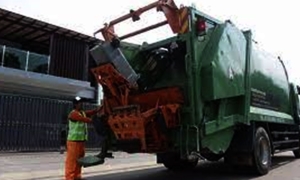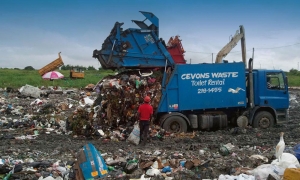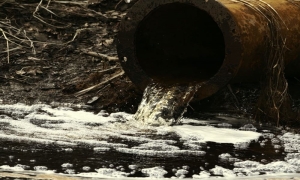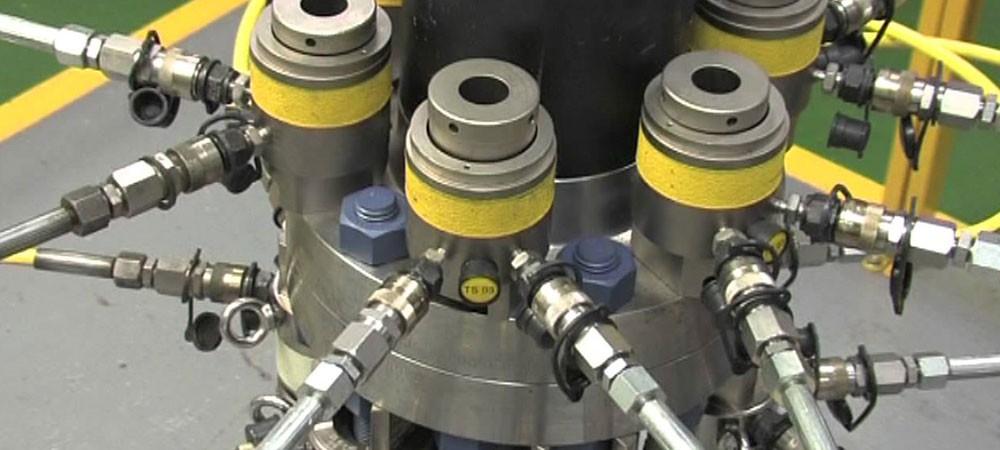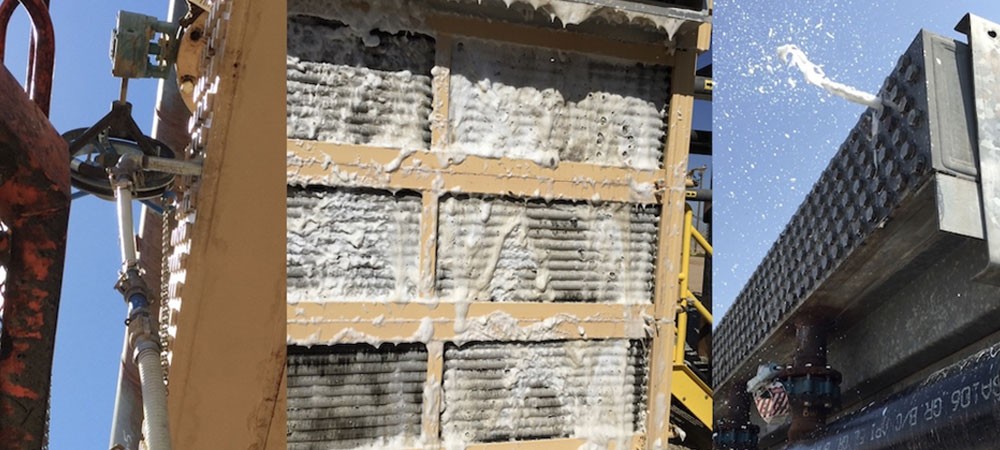Waste management
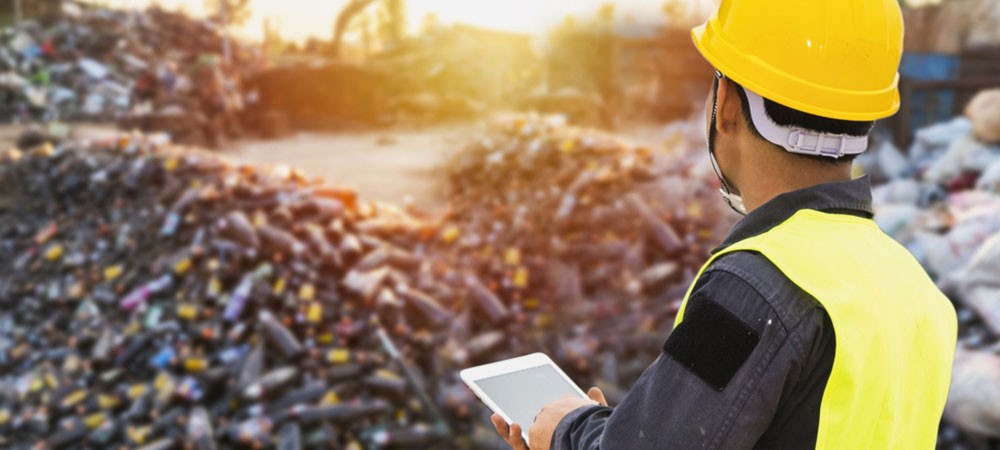
Waste management
All EMABRK's employees, including those of our clients, will work in a secure environment.
As required by the client and legal requirements, we carefully handle and properly dispose of all spent chemicals using safe environmental practices.
To meet market demands, EMBARK has a fleet of Dry Super Suckers, Wet Super Suckers, and Vacuum Tankers.
We provide maintenance for steam boilers, heat exchangers, process pipelines, vessels, storage tanks, columns, etc.
LIQUID WASTE DISPOSAL SERVICES
Liquid wastes are constantly released from residential sources in the form of blackwater, wastewater from toilets, and greywater from non-residential commercial sources such as commercial spaces, industries, and hospitals. Wastewater and stormwater contain a surprising number of pollutants that can affect the quality of life of humans and animals, as well as the environment.
Liquid waste from department stores, pharmaceutical and drug companies, hospitals, manufacturing plants, and other commercial bodies have the potential to negatively impact public health, plant, and animal ecosystems, the local economy, as well as residential and commercial development.
It is the responsibility of industries producing liquid waste as well as the government and regulatory bodies to treat waste effectively and minimize the damage to the environment.
SOLID WASTE DISPOSAL SERVICES
Solid waste disposal and management include planning, administrative, financial, engineering, and legal functions. It is typically the job of the generator, subject to local, national, and even international authorities.
Garbage arising from human or animal activities, that is abandoned as unwanted and useless is referred to as solid waste. Generally, it is generated from industrial, residential, and commercial activities in a given area, and may be handled in a variety of ways. However, waste can be categorized based on materials such as paper, plastic, glass, metal, and organic waste. Solid waste disposal must be managed systematically to ensure environmental best practices. Solid waste disposal and management is a critical aspect of environmental hygiene, and it needs to be incorporated into environmental planning.
Solid waste disposal management is usually referred to as the process of collecting and treating solid wastes. It provides solutions for recycling items that do not belong to garbage or trash. Solid waste management can be described as how solid waste can be changed and used as a valuable resource.
Improper disposal of municipal solid waste can create unsanitary conditions, and these conditions in turn lead to pollution of the environment. Diseases can be spread by rodents and insects. The tasks of solid waste disposal management are complex technical challenges. They can also pose a wide variety of economic, administrative, and social problems that must be changed and solved.
WASTE MANAGEMENT SERVICES
Waste management or waste disposal includes the processes and actions required to manage waste from its inception to its final disposal. This includes the collection, transport, treatment, and disposal of waste, together with monitoring and regulation of the waste management process and waste-related laws, technologies, and economic mechanisms.
Waste can be solid, liquid, or gas and each type has different methods of disposal and management. Waste management deals with all types of waste, including industrial, biological, household, municipal, organic, biomedical, and radioactive wastes. In some cases, waste can pose a threat to human health. Health issues are associated throughout the entire process of waste management. Health issues can also arise indirectly or directly. Directly, through the handling of solid waste, and indirectly through the consumption of water, soil, and food. Waste is produced by human activity, for example, the extraction and processing of raw materials. Waste management is intended to reduce the adverse effects of waste on human health, the )">environment, planetary resources, and aesthetics.
The aim of waste management is to reduce the dangerous effects of such waste on the environment and human health. A big part of waste management deals with municipal solid waste, which is created by industrial, commercial, and household activities.
Waste management practices are not uniform among countries (developed and developing nations); regions (urban and rural areas), and residential and industrial sectors can all take different approaches.
Proper management of waste is important for building sustainable and liveable cities, but it remains a challenge for many developing countries and cities. A report found that effective waste management is relatively expensive, usually comprising 20% to 50% of municipal budgets. Operating this essential municipal service requires integrated systems that are efficient, sustainable, and socially supported. A large portion of waste management practices deals with municipal solid waste (MSW) which is the bulk of the waste that is created by household, industrial, and commercial activity. According to the Intergovernmental Panel on Climate Change (IPCC), municipal solid waste is expected to reach approximately 3.4 Gt by 2050; however, policies and law-making can reduce the amount of waste produced in different areas and cities of the world. Measures of waste management include measures for integrated techno-economic mechanisms of a circular economy, effective disposal facilities, export and import control, and optimal sustainable design of products that are produced.
